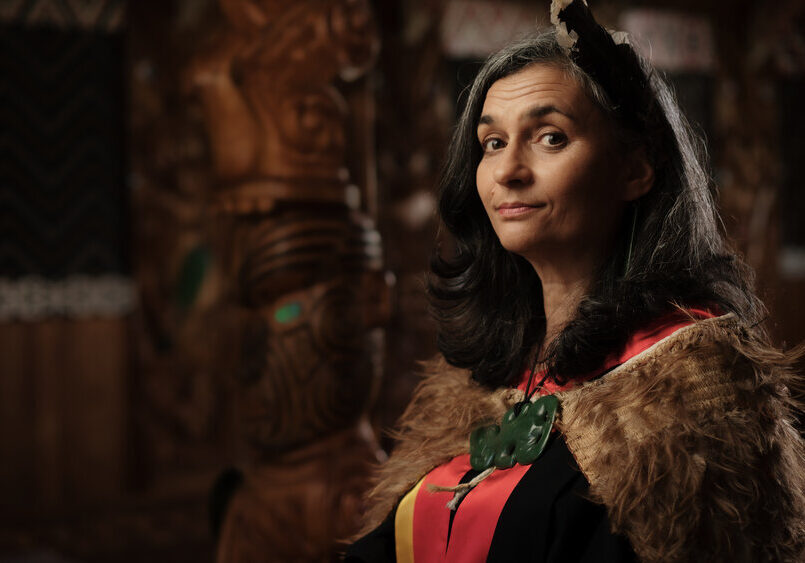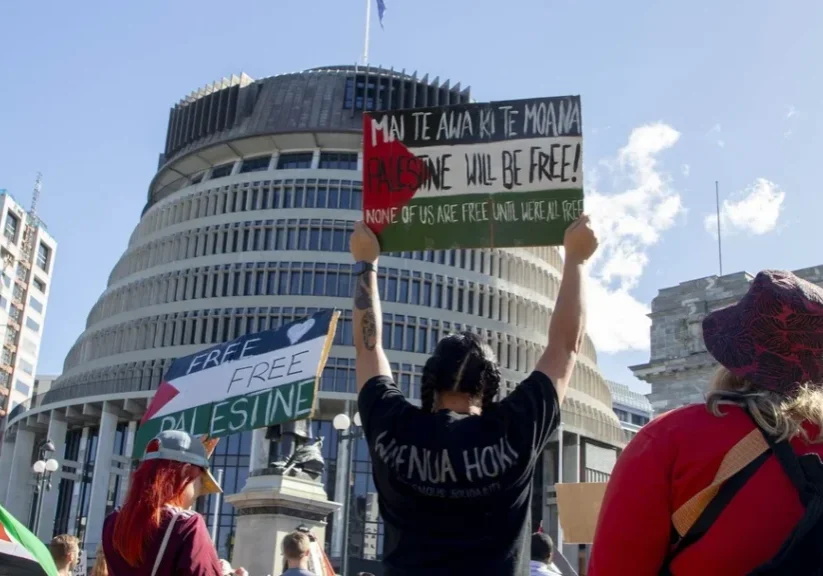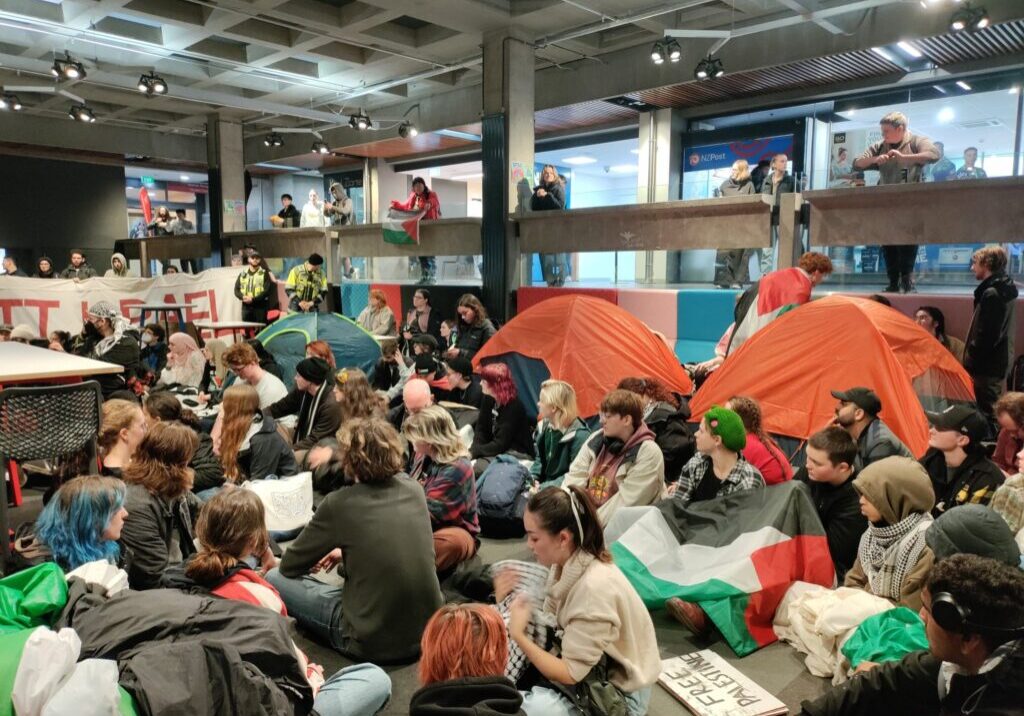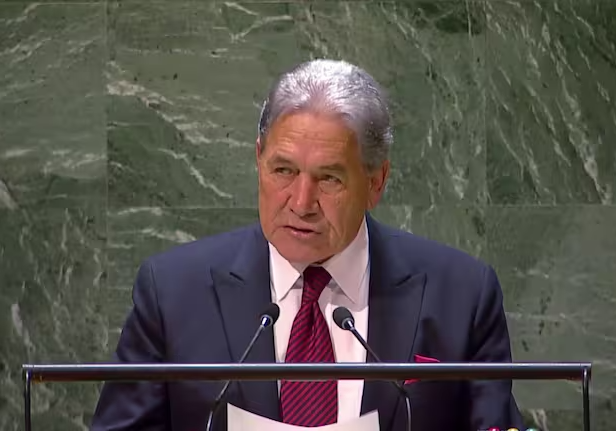Australia/Israel Review
AIR New Zealand: Israel votes, NZ Watches
Feb 26, 2013 | Miriam Bell
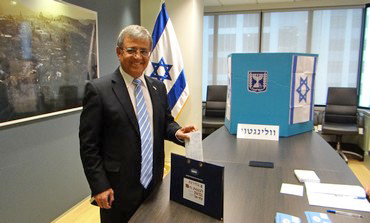
Miriam Bell
Jumping to hasty assessments can often be a mistake but, sometimes, looking further into those same assessments can lead to interesting discoveries. When first asked to write a column about coverage of the recent Israeli elections in New Zealand I said, without too much thought, “there wasn’t much”. Yet my research on the topic very quickly showed that assumption was, in fact, not correct.
Barring coverage of elections in Australia, the UK and the US, the New Zealand media doesn’t have a particularly stellar record of covering elections in other countries. Like most media around the world, their focus is on the domestic or foreign events relevant to domestic affairs. And – given Australia is New Zealand’s biggest trading partner, New Zealand’s historical links to the UK, and the US’ continuing superpower status – the primary focus on them is not surprising.
However, in looking into this year’s coverage of Israel’s elections, I found that the coverage was actually comparatively extensive. It seemed, for example, to be more extensive than the coverage afforded to China’s elections last year. As China is New Zealand’s second biggest trading partner and, increasingly, the region’s preeminent power, I was slightly stunned by this.
Exactly why this might have been the case is an intriguing question.
The outgoing Israeli Ambassador in New Zealand, Shemi Tzur, has done a good job of helping to publicly improve the diplomatic relationship between Israel and New Zealand. But could this really have transferred into this year’s election coverage?
The New Zealand Herald did run an article, based on information from Tzur’s office, about how the first vote in the Israeli elections would be cast at Israel’s Wellington embassy. So Tzur’s media outreach obviously got through on some level.
Having said that, mainstream media coverage (including that of the Herald) of the elections was otherwise largely based on syndicated articles and news clips sourced from overseas media. One of the few to offer its “own” take on the issue was Radio New Zealand. The station featured veteran journalist Kim Hill’s relatively broad-ranging piece which analysed the election and its result via an interview with British commentator Jonathan Freedland of the Guardian.
The articles and news clips selected and published/broadcast represented a fairly standard line. They covered issues like Israeli Prime Minister Binyamin Netanyahu’s position on settlements (“Israel downplays settlement controversy ahead of elections” – TV3) and the difference of opinions between Netanyahu and US President Barack Obama (“Obama’s alleged criticism of Netanyahu enlivens Israeli election” – Yahoo NZ). In common with media globally, attention was also paid to the rise of charismatic right-winger Naftali Bennett and his Jewish Home party. There was little coverage of the domestic issues which were actually the major focus of the election within Israel.
Non-mainstream media outlets – in particular the “blogsphere” – offered up some different perspectives. Several Kiwi blogs featured a column by researcher Natalia Simanovsky which proclaimed the elections provided a chance to resume the peace process.
At the same time, news website Scoop featured a column describing the outcome of the elections as “a vote against common sense”. The writer, Jamal Kanj, insisted the results favoured “parties advocating land annexation and Jewish-only settlements” and proved that “Israelis want to continue their occupation and have peace”.
In an article for the Kiwi Marxist website Redline, Tony Greenstein, described the election result as “old wine in new Zionist bottles”. He claimed that “anyone who thinks that the latest Israeli elections will give a boost to the ‘peace process’ has substituted hope for reality”. In his view, the rise of Yair Lapid and his centrist party, Yesh Atid, represent (as other centrist parties had in the past) “the hope of Israeli electors who wish to enjoy the spoils of colonisation without paying the price and hope to square the circle between a ‘Jewish state’ and a democratic state”.
Meanwhile, on New Zealand’s political front, there appears to have been next-to-no comment about the election and/or its results from anyone. Foreign Minister Murray McCully has not – to date – made any official statements on the election result. And neither have any of the opposition’s foreign affairs spokespeople. Even the Palestine Human Rights Campaign NZ, which can usually be relied on to publicise its view on anything remotely related to Israel, seems to have passed up the opportunity on this occasion.
However, the last word should probably go to New Zealand’s Christian radio station, Radio Rhema. The station reported Ambassador Tzur as saying peace talks would be on the political agenda in Israel, regardless of how a coalition was formed. He said Israel was calling on the Palestinians to come forward and renew direct negotiations without any pre-conditions adding that, if they did, with a genuine approach to peace, solutions would be found.
Tags: Australasia, New Zealand

